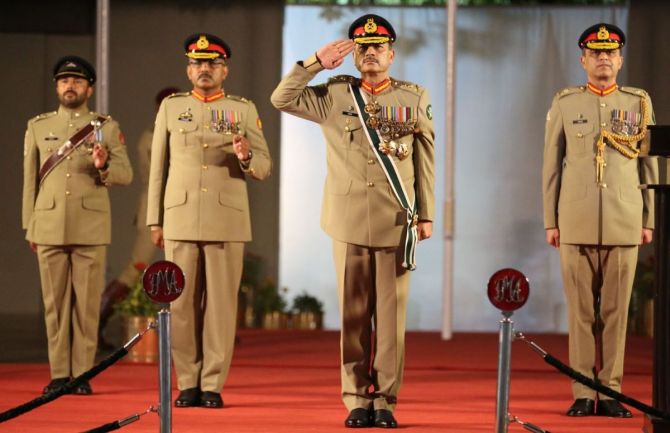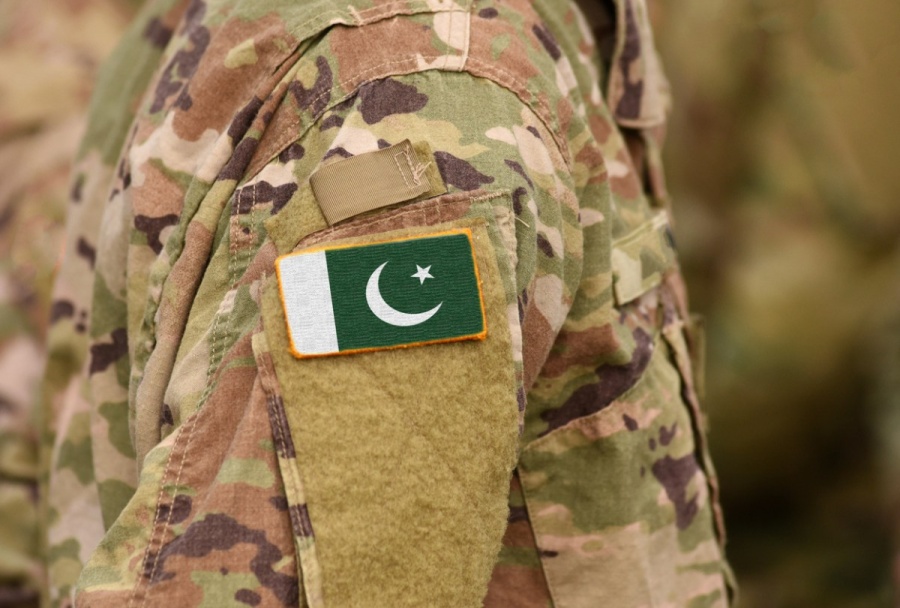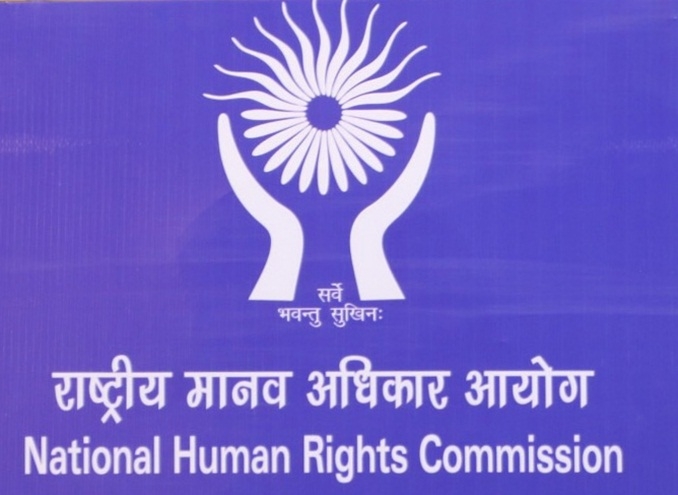With unprecedented legal support, the Pakistan Army will now determine nearly all policies—economic, legal, political, telecommunication, and security—rendering civilian authorities ineffective and leaving the population at the mercy of the military, writes Dr Sakariya Kareem
In another development undermining democracy in Pakistan, the powerful military establishment pressured ruling coalition lawmakers to pass crucial bills in parliament without discussion. Demonstrating unprecedented haste, the government passed all six bills—seeking to extend the tenure of the chiefs of the country’s three armed forces and to increase the number of judges in the superior courts—from the National Assembly within 24 minutes and then from the Senate in just 16 minutes, without allowing any debate.

Among the six bills, the most controversial is the tenure extension of the three military chiefs from three to five years. In simple terms, Pakistan’s chief of army staff (COAS) can now legally serve for ten years, and the army chief can serve for two terms. This move further erodes democracy in Pakistan, and de facto military rule has taken hold. Moving forward, the army will not need to conduct a coup to gain power in Pakistan, as the new extension rule grants unprecedented control to future military chiefs.
The new bill guarantees that Army Chief General Syed Asim Munir, who has served for two years, will continue leading the country’s powerful military establishment until November 2027. He can also legally seek an additional five-year term after his initial five-year term ends in 2027. Munir’s extension could have severe consequences for opposition parties, particularly Imran Khan’s Pakistan Tehreek-i-Insaf (PTI). Experts believe that the ruling coalition, led by Shehbaz Sharif, pushed for the army chief’s tenure extension as a way to protect itself from political opposition and public discontent. In return, the military establishment is expected to keep Khan imprisoned, selectively target PTI supporters, and prevent large street protests against the ruling coalition. Notably, Sharif, in November 2022, selected General Munir for a three-year term as army chief, an appointment that was opposed by Imran Khan.

The bills passed by Parliament included the Supreme Court Number of Judges (Amendment) Bill 2024, the Supreme Court Practice and Procedure (Amendment) Bill 2024, the Islamabad High Court (Amendment) Bill 2024, the Pakistan Army (Amendment) Bill 2024, the Pakistan Air Force (Amendment) Bill 2024, and the Pakistan Navy (Amendment) Bill 2024. These bills were passed without prior discussion and silenced lawmakers from opposition parties. Furthermore, just hours after the new laws were passed, the government sent the documents to the acting President of Pakistan, Yusuf Raza Gilani, who signed them informally at his home. This demonstrates how non-serious the ruling coalition was about these crucial legislations and suggests they were under pressure from the military to pass them quickly.

Critics argue that the new legislation will create discontent within the three military branches, as many senior officers will lose the opportunity to become chiefs. Additionally, the armed forces, particularly the army, may become more politicized as senior generals seek to align themselves with major political parties in hopes of advancing to chief positions. Importantly, the prime minister of Pakistan has the authority to select the army, navy, and air force chiefs. Furthermore, the amendments eliminate previous age limits and expand tenure options, allowing the Chief of Army Staff and other military leaders to serve beyond the earlier prescribed age of 64 if national security or urgent needs arise.
The new rules have been heavily criticized by Pakistani politicians and policy experts. One expert commented on X/Twitter regarding the services extension issue: “Thanks to the bill the government rushed through parliament suddenly today, Pakistan’s army chief can now be in power for a full 10 years (because an extension is possible). The country’s authoritarian turn has been cemented today.” Another post claimed that “the most damaging aspect of this government is how it has undermined Parliament and democratic norms. 6 bills passed in the NA within 24 minutes. A constitutional amendment passed in a midnight session marred by coercion and abductions. No debates, no public drafts.”
Politicians and members of ethnic minorities, such as Pashtun and Baloch, are worried about the new rules because they will directly affect their safety and security. A former Pashtun senator, Afrasiab Khattak, stated on social media, “Aside from movements led by popular young leaders from oppressed communities and activists from the left, there are no opposition political parties in Pakistan. The ruling party and the main opposition see eye to eye on extending the tenure of the generals. Don’t blame the people.”
Under the current ruling coalition government in Islamabad and the army chief, General Munir, ethnic minorities are facing increasing state-sponsored violence and forced incarcerations based on unsubstantiated legal charges. With the recent amendment to the Anti-Terrorism Act of 1997 and the extension of the army chief’s tenure, people in Balochistan and Khyber Pakhtunkhwa will experience more instability due to selective counterterrorism and intelligence-led operations by the Punjabi-dominated armed forces in Pakistan.

On November 5, two major religio-political parties—the Jamiat Ulema-i-Islam (JUI-F) and Jamaat-i-Islami (JI)—criticized the coalition government for recent bills. JUI-F chief Maulana Fazlur Rehman stated that the ruling parties were “gagging” democracy by empowering the military establishment. At a press conference in Islamabad, Rehman argued that the new bill to amend the anti-terrorism law would tarnish democratic institutions and that it “is tantamount to civil martial law and a slap in the face of democracy.”
The long-term consequences of these rules for the people of Pakistan, particularly ethnic minorities like the Baloch and Pashtun, will be significant as General Munir and other security agencies openly violate the constitution, transforming the country into an autocratic military state. With unprecedented legal support, the Pakistan Army will now determine nearly all policies—economic, legal, political, telecommunication, and security—rendering civilian authorities ineffective and leaving the population at the mercy of the military.
ALSO READ: Canada’s ends to popular student program to impact India














